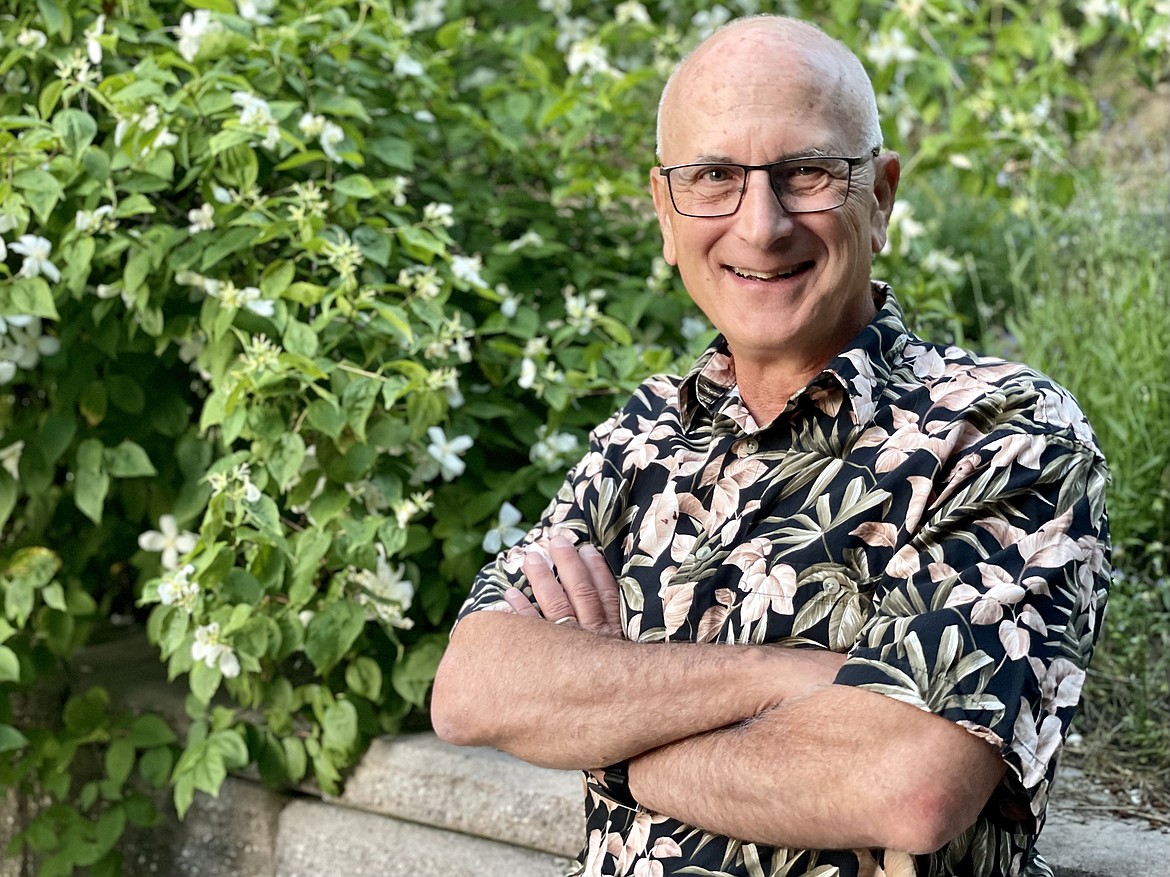OPINION: Do political ethics matter?
As Democratic candidate Tom Hearn spent his summer attending community events, walking in parades, calling voters and reaching out to his neighbors one question kept surfacing: Does his opponent, Sen. Phil Hart, actually reside in the district he was elected to represent?
The people who Hart claims he represents never see him in their community. He hasn’t visited schools, parks or coffee shops. His neighbors see a vacated home under perpetual construction. These neighbors claim that in five years, they have never seen him. These people want to be represented by someone who lives in their community.
Last week, Silver Valley neighbors were finally ready to speak up on this issue. Five of these residents shared names and statements with the press, declaring that Hart doesn’t live in Legislative District 2. Alongside a local Republican, I signed a letter asking the Secretary of State to investigate Hart’s residency status.
On Monday, the Secretary of State’s office responded briefly saying that, “We contacted Senator Hart, and he was able to provide proof pursuant to Idaho Code § 34-411(4) and § 34-107 of his residence in Kellogg, Idaho. As such, we now consider this matter closed.”
You might be shocked to learn what qualifies as proof.
Idaho code only requires that “An individual shall prove residence by showing one of … A current proof of insurance; A deed of trust, mortgage, or lease or rental agreement; A property tax assessment, bill, or receipt; A utility bill, excluding a cellular telephone bill; A bank or credit card statement; A paystub, paycheck, or government-issued check;” or school registration documents.
Idaho Code says a house can qualify as your residence for election purposes as long as you “intend” to return “after a departure or absence therefrom, regardless of the duration of the absence.”
Being truly connected to the community you represent is not required — you just have to own property there and “intend” to live there someday. And after facing a similar investigation during the primary elections, the Republican incumbent knows this. He knows exactly just how much he can bend the law without outright breaking it.
Phil Hart has admitted that in 1996 he stole timber from school state endowment lands and shifted the blame on “bureaucrats” who were out to get him. The house he built with the stolen timber was taken by the IRS for unpaid taxes. In 2018, Sen. Hart was declared ineligible to run in the primary because he did not reside in the district.
Even then, Hart was reelected in 2022.
Phil Hart owns a home under perpetual construction in Kellogg. And a deed is one of the documents that (according to Idaho code) proves residency. While he might own a home in District 2, he is never there. There is no occupancy permit for the property.
Are we electing officials who are working in the best interests of Idaho and its people?
Voters on all sides want leaders who live small-town community values. We want to see neighbors who are friendly and who know each other by name — even if they disagree politically. We want to see connected communities. Most importantly, we want to see legislative leaders who represent every constituent — not leaders who bow to corrupt power brokers like the IFF.
Other Democratic candidates in the Silver Valley, and beyond, have decided it’s time to be the change we want to see in our community.
The District 2 race is a prime example of how absolute power corrupts absolutely. In a deep Red state, politicians sail comfortably to power on the Republican brand alone. They believe that they can bend the law and still get elected. This won’t change unless the Conservatives in North Idaho decide to ask more of their candidates.
Republican rank and file legislators have become too comfortable and complacent. They bend ethics with reckless abandon because we live in a state where voting for an opposition party is unthinkable.
It’s time to replace old guard Republicans with ethical candidates like Tom Hearn.
When elected in November, Tom will fight for public schools, medical and mental health services, improved roads, the protection of public lands, economic development and the other concerns of the citizens in rural areas.
Most importantly, he will continue to live, work and play in his Silver Valley hometown.
We cannot continue to simply rubberstamp people to Boise because they have an R attached to their name. We’ve seen how this leads to corruption and disconnection from our communities.
On Nov. 5, vote for connected communities instead of partisan politics and together we can build a more perfect union.
• • •
Evan Koch is chairman of the Kootenai County Democrats.

